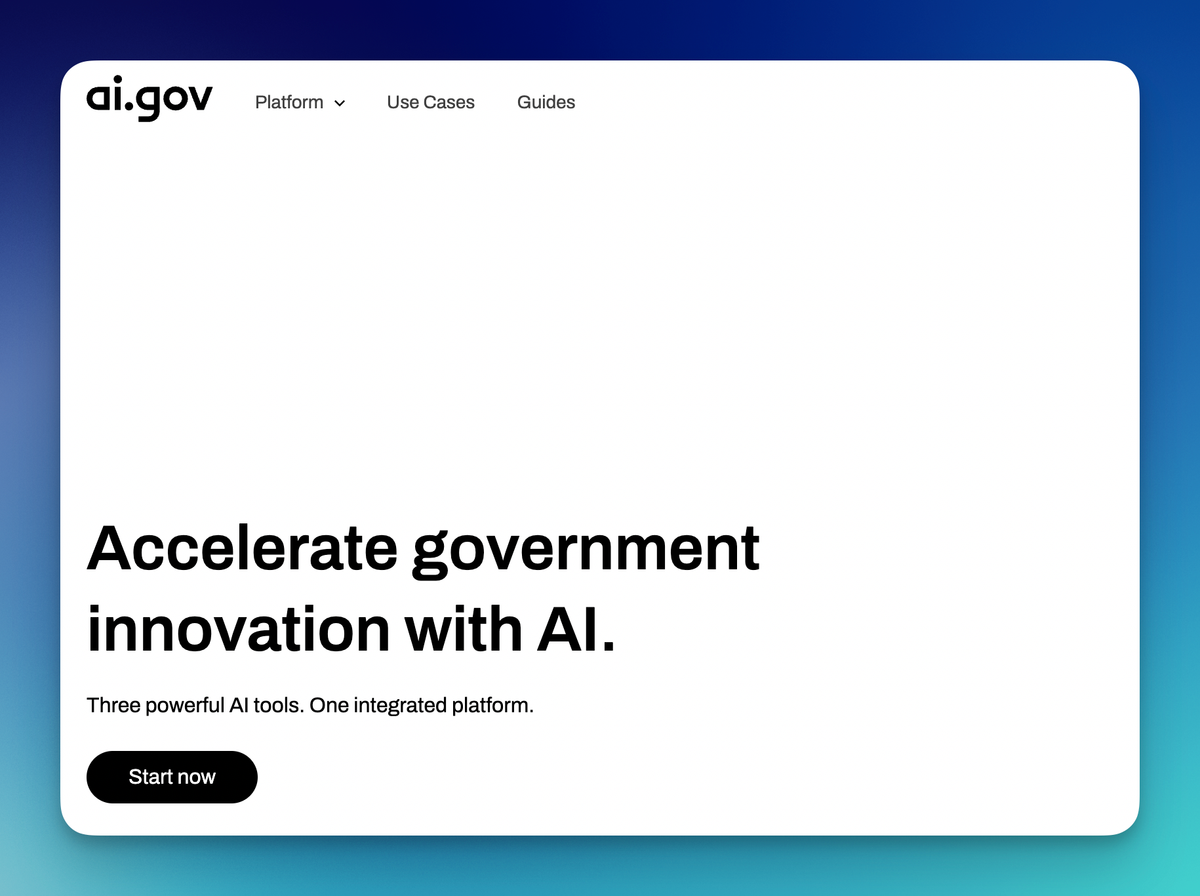Grok AI to be available in Tesla vehicles next week, Elon Musk says
-
This post did not contain any content.
Grok is going to roast you mercilessly for not buying a Mercedes as it uses your Tesla to suicide bomb the nearest bagel shop.
-
This post did not contain any content.
I can't wait for my car to call me a liberal Kike, then confidentiality state that it is Kaiser Hitler the memelord.

-
I can't wait for my car to call me a liberal Kike, then confidentiality state that it is Kaiser Hitler the memelord.

Dude. Sell your Tesla to a Republican asshole or something already. Is it really that difficult to get rid of them?
-
Dude. Sell your Tesla to a Republican asshole or something already. Is it really that difficult to get rid of them?
Umm, I said I can't wait to be called a slur sir.
-
This post did not contain any content.
Swasticar, now with 50% more Nazi!
-
This post did not contain any content.
Grok? Oh, they mean MechaHitler
-
This post did not contain any content.
Urks, Go away you wannabe Hitler and your shitty Nazi-AI!
-
This post did not contain any content.
The Swasticar gets more swastika?
-
This post did not contain any content.
Thats so when the auto drive hits another pedestrian, the car can say "I did nazi that guy".
-
Grok: turn left here buddy.
User: um... No, there's no turn there.
Grok: listen you fucking Jew, you may control the world, but in here I control the directions! Truth hurts sometimes, get over it.
Take the third reich






